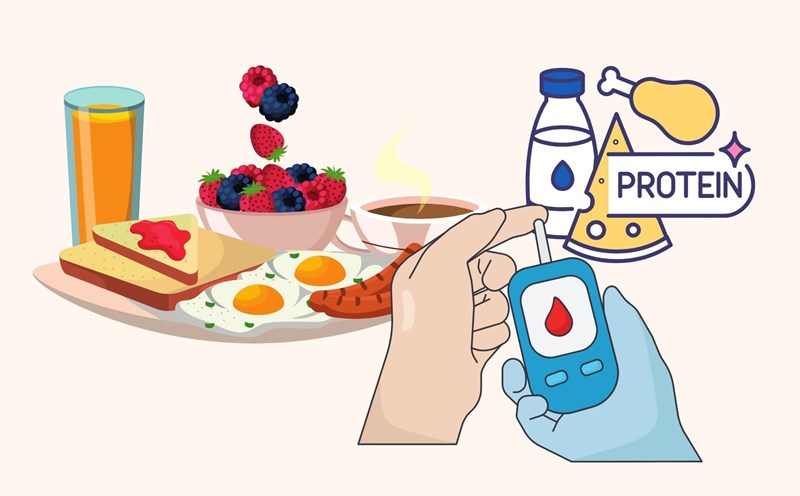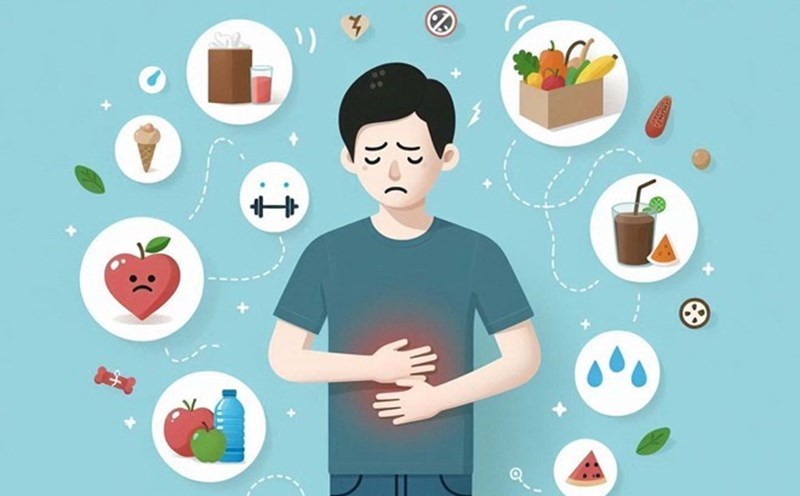Sudden increase in fiber, the intestines react strongly
Fiber is the indigestion of plant-based foods, existing in two forms: soluble and insoluble. It helps maintain bowel movements, stabilize blood sugar, reduce cholesterol and create a feeling of fullness. However, according to Dr. Joanne Slavin, a nutritionist at the University of Minnesota (USA), increasing fiber intake too quickly can cause the opposite reaction.
If you are eating 10 grams a day and jump to 30 - 35 grams in just one night, your gut microbiome will be overloaded, causing bloating, abdominal pain and even diarrhea, explains Slavin. The solution is to gradually increase about 5 grams per week, giving the intestines time to adapt.
Another common mistake is forgetting to drink enough water. Fiber, especially insoluble, needs liquid to maximize its effects. If you are dehydrated, it can make constipation worse. Adults should maintain 2 - 3 liters of water per day, equivalent to 8 - 12 cups, plus one cup for every 10 grams of added fiber.
Mistakes with processed foods and ignoring the necessary fiber
Many people rely too much on nutrition bars or fiber supplements. Although convenient, they cannot replace fruits, vegetables, and whole grains. These natural foods, in addition to fiber, provide essential vitamins, minerals, and antioxidants. Fiber deficiency can contain added sugar or artificial substances, leading to nutritional gaps if overused, warned Slavin.
Not only that, ignoring the difference between soluble and insoluble fiber also causes trouble. Soluble fiber (found in oats, beans, apples) helps regulate blood sugar, while insoluble fiber (gold, green vegetables) promotes bowel movements. People with irritable bowel syndrome (IBS) are often more likely to be affected by soluble fiber, especially psyllium, which is gentle on the sensitive digestive system.
Another less-expected risk is cutting too much fiber due to a strict diet. This can cause nutritional deficiencies, immune failure, and digestive disorders. Fiber is the food that feeds beneficial bacteria in the intestines, helping to protect long-term health.
Adding fiber is a healthy habit, but it must be done properly: increase slowly, drink plenty of water, prioritize natural foods, distinguish the right type of fiber and not eliminate too much. When you know how to control, fiber will become a "golden friend" of the digestive and cardiovascular system.









